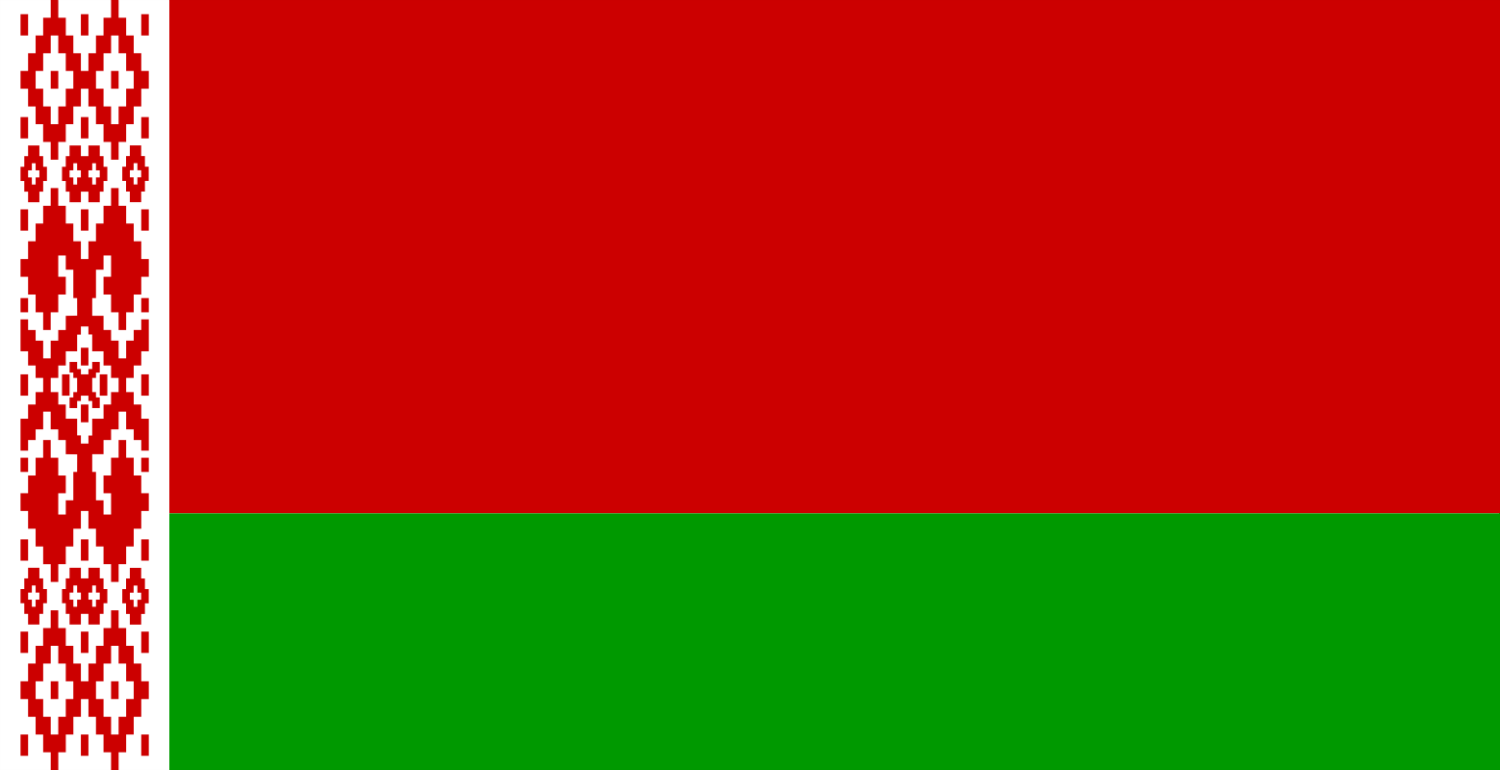By Orest S. Deychakiwsky, Staff Advisor and Ron McNamara, Chief of Staff
Commission staff observed the September 9 presidential election in Belarus, in which Belarusian strongman Aleksandr Lukashenka prevailed in a fundamentally unfair election marred by harassment of the opposition and independent media. Unprecedented obstacles erected by the authorities impeded normal long-term observation of the election while Lukashenka lashed out with vitriolic threats against OSCE mission head Ambassador Hans-Georg Wieck and U.S. Ambassador Mike Kozak in the closing days of the campaign. Hopes that the election would bring an end to the country’s self-imposed isolation were dashed by wide-scale rights violations by the regime in the weeks leading up to election day and serious irregularities in the balloting.
The International Limited Election Observation Mission, which consisted of the OSCE’s Office of Democratic Institutions and Human Rights (ODIHR) and the Parliamentary Troika composed of the OSCE Parliamentary Assembly (OSCE/PA), the Parliamentary Assembly of the Council of Europe and the European Parliament, concluded that there were fundamental flaws in the election process and that the elections failed to meet OSCE standards for democratic elections. Commission staff participated in the OSCE/PA delegation, on election day observing the vote in Miensk and in towns and villages in the Miensk,Vitsyebsk and Mahilyow regions, including in the village in which Lukashenka was born.
The problematic pre-election campaign period determined the election’s outcome. The election took place against a backdrop of recent credible revelations of involvement by close associates of Lukashenka in the disappearances and presumed murders of leading opposition members. Criteria established by the OSCE in 2000 as benchmarks for democratic elections – transparency of the elections process, access of opponents to the state-run media, and a climate free of fear – were not met. There was a profound lack of a level playing field for the candidates.
The weeks leading up to the presidential contest were characterized by harassment of the opposition, raids on non-governmental organizations and independent newspapers, with the confiscation of campaign materials, newspapers, printing presses and computer equipment. The dominant state-owned media outlets were overwhelmingly biased in favor of Lukashenka. The Belarusian authorities did everything they could to thwart the opposition, including ruling by decree, failing to guarantee the independence of the election administration, and allowing abuses in “early voting.”
The authorities’ treatment of the OSCE observation mission, including delays in issuing an invitation which forced the mission to limit its observation to a mere three weeks before the election and denials of visas, was described by one OSCE election official as “unprecedented” — worse than in any other of the more than two dozen countries in which the OSCE has observed elections.
The regime maintained firm control over virtually every aspect of the election process, from the makeup of the election commissions with their visible lack of representatives of the opposition, to keeping independent observers from scrutinizing the vote tabulation.
One of the few positive outcomes of the Belarusian presidential race was the development of the democratic opposition and civil society, despite the intense pressures it faced from the Lukashenka regime.
Regrettably, Lukashenka and his inner circle squandered the opportunity presented by the election to restore some degree of normalcy to relations between Belarus and most OSCE participating States, including the United States.
Desperate for a modicum of international recognition, members of Belarus’ “National Assembly” were out in force making overtures to OSCE Parliamentary Assembly observers in hopes of ending their isolation following last year’s flawed parliamentary elections.









